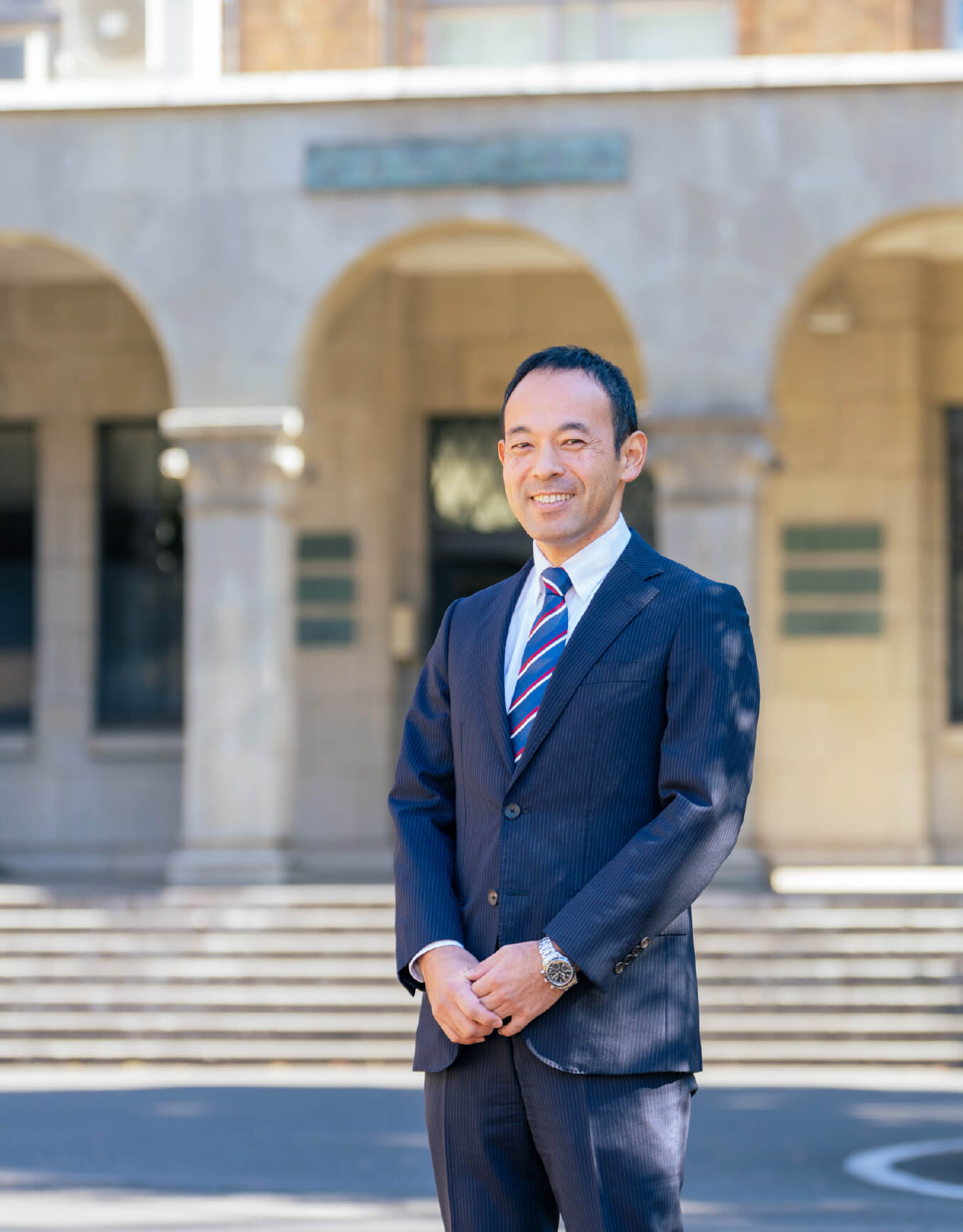Welcome to the homepage of the Department of Applied Physics!

It is often said that science is based on both experiment and theory. In my opinion, physics is a discipline that has developed through both “empirical experiments” and “thought experiments”. As an ordinary student, when I first studied quantum mechanics, I struggled to grasp the meaning of the equations and calculations that appeared in lectures and textbooks. However, once I realized that quantum phenomena could be controlled and observed by engineering experimental platforms, I was able to accept mysterious aspects of quantum phenomena as reality. In fact, quantum mechanics is a representative discipline in which the engineering approach, based on both empirical experiments and thought experiments, has brought about significant progress. As exemplified by Bell's inequality and Schrodinger's cat, physicists have developed a theoretical system of quantum physics by applying principled and profound insights into new experimental platforms, and by developing methodologies and technologies to control them. Quantum information science, born of this process, has already begun to be used for computation, as well as to apply its concepts to a wide range of physical systems. Similarly, various properties of matter can be clarified through systematic research that assumes engineering control by external forces, heat, electricity, light, and so on. “Quantum technology” and “quantum materials”, both of which are the focus of the department of applied physics, are the fields in which the fundamentals are established through engineering approaches.
As represented by semiconductor electronics, physics supports the foundations of modern society. In today's rapidly changing society, physics plays an increasingly important role. History has proven that physics is developed through the engineering approach of “empirical experiments” and “thought experiments” that are conducted in response to industrial needs. The physics developed there are universal laws that apply regardless of changes in society, and do not distinguish between fundamentals and applications. Rather, we are convinced that the fusion of fields and technologies such as materials science, quantum information, optical technology, and nanotechnology, offers new platforms, in which new universal laws of physics are discovered.
In the department of applied physics, the world's top faculty members are conducting this kind of cutting-edge research in “applied physics”. Students here can study in a curriculum that systematically teaches both physics and engineering. Based on the basic skills they obtain in the curriculum, fourth-year students dive into cutting-edge research as members of a laboratory for their graduation research. We promise you a stimulating research life in which you will compete against leading research teams in the world. At the same time, you should find that fundamentals of physics will be strengthened through research. We hope to provide a strong foundation for students to play an active role in future society.

